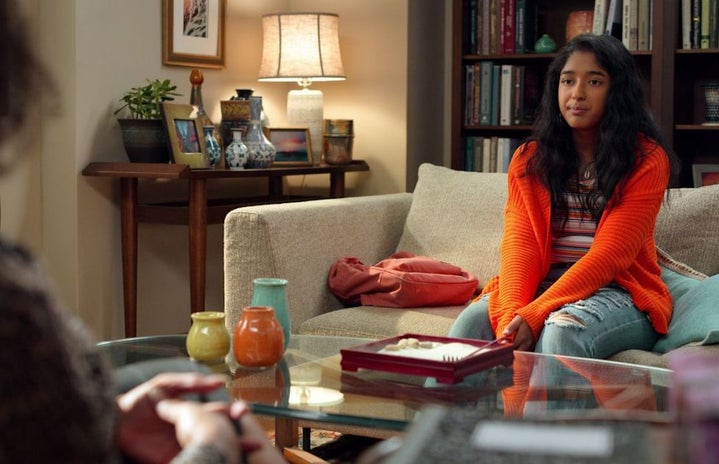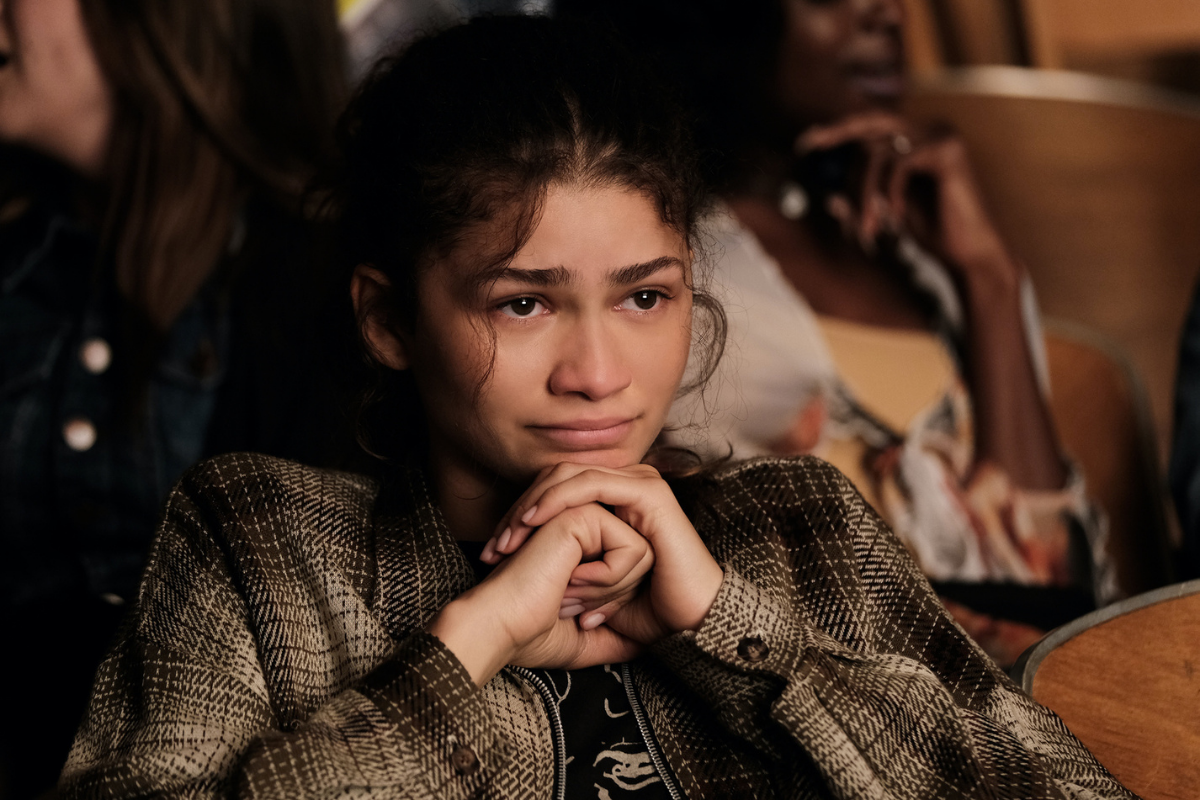Let’s be real; our traumas and experiences shape us as individuals for the rest of our lives. I mean, what would you do if your payment declined after therapy and around the corner is the reason you are in therapy? Personally, I would run as fast as an Olympic runner doing the 100-meter dash, but there might be a part of me that could face these traumas head-on. I am here to share what the art of therapy has done for me after eight years of counseling.
The cliche that therapy is for the mentally ill or that it’s weird talking to a stranger about your personal problems has always been the stereotype I’ve stumbled upon from others. I, too, believed that my mom was out of pocket for sending me to therapy at a young age — truly, who wants to talk to a complete stranger about what’s making you clinically depressed? What I didn’t know was that my mom turned out to be the biggest advocate for taking care of my mental health.
Therapy created a foundation for me to talk about the most gut-wrenching things or feelings that I was experiencing. For the longest time, I never understood why I saw life from such a black-and-white perspective — it was almost as if life could either be decent or just miserable and terrible for me. To backtrack a little, my parents have given me the dream life ever since I can remember, from spending quality time with me to giving me the world on a silver platter. The flip side of my beautiful life was the dark shadow of my major depressive disorder.
The life I was living at home was completely different from what I felt I was living at school. The academics were a breeze for me, I was a complete bookworm and a mathlete like Cady Heron would say, but I struggled with mean girls. It was almost a constant feeling of being an outcast; I remember the little girl drama that simply traumatized me for the rest of my life. The bullying created the craziest body dysmorphia and self-image conflict within me.
Keeping me afloat was therapy. During my sessions, I was able to talk about these experiences and explain the way these instances made me feel. The outside perspective that would give me advice and sympathize with my feelings felt like a God-sent gift. I was able to learn valuable coping mechanisms, such as the 54321 grounding method or my favorite journaling.
Don’t get me wrong, the journey to find a therapist that I felt understood me was a struggle. For a while, I was in a fixed mindset; if my therapist didn’t tell me what I wanted to hear, I would shut down and assume that they were against me. However, as I grew older, I realized that these individuals with degrees were simply offering me the outside perspective but also holding me accountable for my actions in certain situations. It was almost as if I understood that some of the relationships in my life weren’t healthy or could be healthy if I set boundaries and communicated better.
Setting boundaries and communicating was a struggle for me, and I can’t lie, it is something I still continue to work on to this day. Luckily, I felt encouraged by my therapists to face certain situations head-on with confidence and a growth mindset to advocate for myself. During high school, I mastered this skill the best with my peers and teachers. I was able to talk openly about my mental health and draw boundaries on not allowing certain relationships to consume me.
The initiation to heal traumas and eternal problems is difficult, whether that is through therapy or activities of self-discovery, but in the long run, it’s a beautiful journey. Reflecting back on my journey with a vast number of therapists, I have learned that every perspective matters, even your own. I learned that validating your and others’ feelings is key to communicating effectively. Realizing I am able to vocalize my emotions and boundaries is key to protecting my peace, but I was also able to learn to be compassionate with others and offer as much encouragement to heal unresolved traumas.
Therapy is cool; what isn’t cool is living an unhappy life and projecting that on others around you. Taking a chance to heal the troubles I have gone through has taught me valuable lessons. My journey with therapy hasn’t ended, but I am hopeful that this journey continues to help me live with my traumas in peace.




